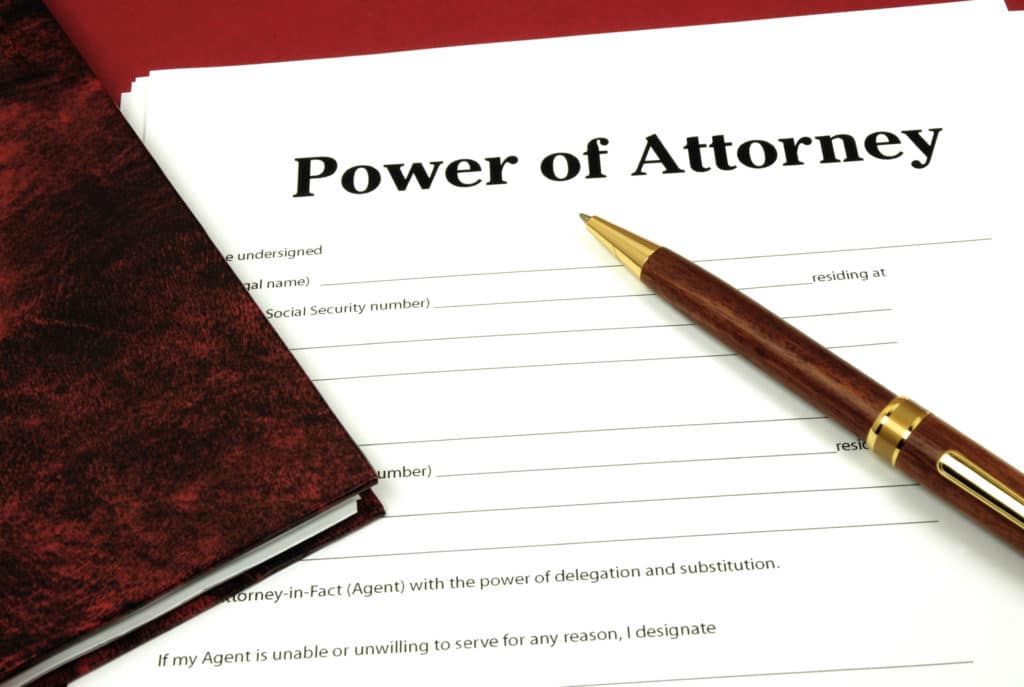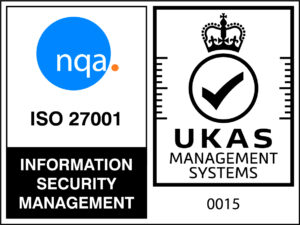Spring Rate Boost Alert! Earn up to 10.26% – Don’t miss out, Invest or Transfer In to maximise your tax-free allowance today – Available For A Limited Time Only!
* Don't invest unless you're prepared to lose money. This is high-risk investment. You may not be able to access your money easily and are unlikely to be protected if something goes wrong. Take 2 minutes to learn more





